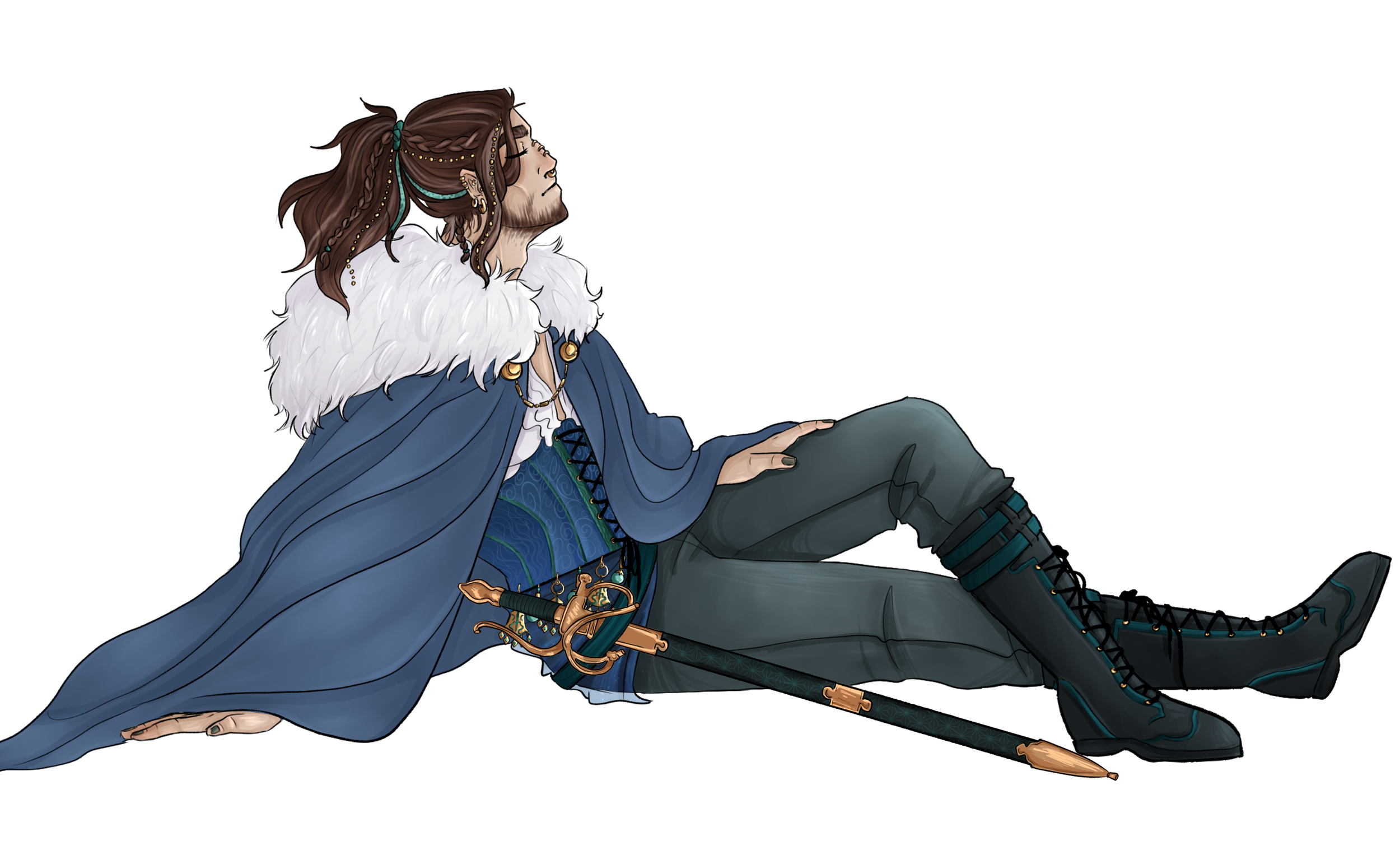Feat: Ritual Caster - What Spells Should You Choose?
The Ritual Caster feat allows a character to learn to cast ritual spells from a book that starts with two spells of the player’s choice from the 5e Dungeons & Dragons Player’s Handbook. The player must choose one of the spellcasting classes from which they can select their spells. New spells are learned from written sources such as scrolls or another spellbook, but must be from the chosen class and have the ritual tag.
Ritual casting requires an additional 10 mintues to cast the spell and does not require a spell slot. These spells are not cast in the heat of battle but rather when things are quiet. None of the spells require a saving throw or spell attack, so you do not have to worry about your spell DC or spell attack modifier.
Forbiddance and Contact Other Plane are the only ritual spells that cause damage. Forbiddance is not an offensive spell and the damage is caused by a chosen creature type entering the area of the spell. Contact Other Plane causes the caster damage if the caster fails a DC 15 Intelligence saving throw.
You get two 1st level spells when you acquire this feat, so you need to take a look at the list and see which two spells you want to pick. You also need to think about what spells you can acquire as your character continues through their adventuring career. Depending on how your group plays, you are not guaranteed any of the ritual spells on your chosen list, so choose your first two spells wisely.
Who Should Choose This Feat?
Good question, but I think the question should be, what party should choose this feat? Ritual spells will most likely be handled by the party’s primary spellcaster(s). But if the party only has a Sorcerer and/or Warlock, then someone should pick up this feat.
The main problem with this feat is that if you have a spellcaster in your party, then why does your character need to be a ritual caster? Artificers, Bards, Clerics, Druids, and Wizards are all able to ritual cast as part of their class features. If your party only has a Sorcerer or Warlock, then I can see picking up this feat to keep from using spell slots to do more menial tasks. It actually might be a nice added feature to pick up this feat as a Warlock to add to your available spells and to also get the ability to ritual cast.
The real star of the ritual spells is Find Familiar. Find Familiar is the reason to pick up this feat if your party already has the utility spells covered. Any class can be bolstered with the addition of a familiar. Does your rogue need advantage to use their sneak attack? They can have their familiar do the Help action to set them up. Does your ranger need eyes on the enemy position to see where they are hiding? They can send their hawk familiar up to survey the battlefield. Familiars are very useful and would require a whole article just talking about them, so we won’t bother doing that here.
What are the spells?
There are six spellcaster lists to choose from (seven if your DM allows the Artificer to be selected). The bolded spells are unique to the spellcaster that they are listed under.
Bard (14 spells)
Animal Messenger
Comprehend Languages
Detect Magic
Feign Death (3)
Identify
Illusory Script
Leomund’s Tiny Hut (3)
Locate Animals and Plants (2)
Magic Mouth (2)
Rary’s Telepathic Bond (5)
Silence (2)
Speak with Animals
Unseen Servant
Skywrite (2) (XGtE)
Cleric (14 spells)
Augury (2)
Ceremony (XGtE)
Commune (5)
Detect Magic
Detect Poison and Disease
Divination (4)
Feign Death (3)
Forbiddance (6)
Gentle Repose (2)
Meld into Stone (3)
Purify Food and Drink
Rary’s Telepathic Bond (5)
Silence (2) Water Walk (3)
Druid (15 spells)
Animal Messenger
Augury (2)
Beast Sense (2)
Commune with Nature (5)
Detect Magic
Detect Poison and Disease
Divination (4)
Feign Death (3)
Locate Animals and Plants (2)
Meld into Stone (3)
Purify Food and Drink
Skywrite (2) (XGtE)
Speak with Animals
Water Breathing (3)
Water Walk (3)
Sorcerer (4 spells)
Comprehend Languages
Detect Magic
Water Breathing (3)
Water Walk (3)
Warlock (4 spells)
Comprehend Languages
Contact Other Plane (5)
Illusory Script
Unseen Servant
Wizard (21 spells)
Alarm
Augury (2)
Comprehend Languages
Contact Other Plane (5)
Detect Magic
Divination (4)
Drawmij’s Instant Summons (6)
Feign Death (3)
Find Familiar
Gentle Repose (2)
Identify
Illusory Script
Leomund’s Tiny Hut (3)
Magic Mouth (2)
Phantom Steed (3)
Rary’s Telepathic Bond (5)
Skywrite (2) (XGtE)
Tenser’s Floating Disk
Unseen Servant
Water Breathing (3)
Wristpocket (2) (EGtW)
Check with your DM, but I believe that Artificers should be included in this list. Although they are not mentioned in the feat (Artificers had not been created yet), here are the Artificers available ritual spells:
Alarm
Detect Magic
Identify
Magic Mouth (2)
Purify Food and Water
Water Breathing (3)
Water Walking (3)
Skywrite (2) (XGtE)
After looking at the lists, it is obvious that choosing the Sorcerer or Warlock is a waste of a feat. Both the Sorcerer and Warlock have only four ritual spells available to them and those spells can be found on other lists. All of the Warlock spells are available to the Bard except Contact Other Planes which would not be available to the Ritual Caster until 10th level. The Sorcerer has two spells that are not available to the Bard, but they are all upper-level spells and would not be available until 6th level. Not to beat a dead horse any further, just don’t choose the Warlock or Sorcerer as your source for the ritual spells.
The Wizard has the most extensive list with 21 spells with eight of them being 1st level spells. The Wizard’s list is the only one with Find Familiar.
The two staple spells that you really want (besides Find Familiar), if your party does not already have them, are Detect Magic and Identify. Detect Magic is the most ubiquitous spell in all of D&D, all the spellcasting classes (both full and half) have it available to them (granted the Warlock has to use an Invocation to get it, but then they can cast it at will).
As far as backstory, this is a great feat to flush out your character’s background. They could be a failed wizard or cleric that could only learn the ritual spells. Power gamers will want to stay away unless this is the only way they can pick up that familiar that they really want.


























